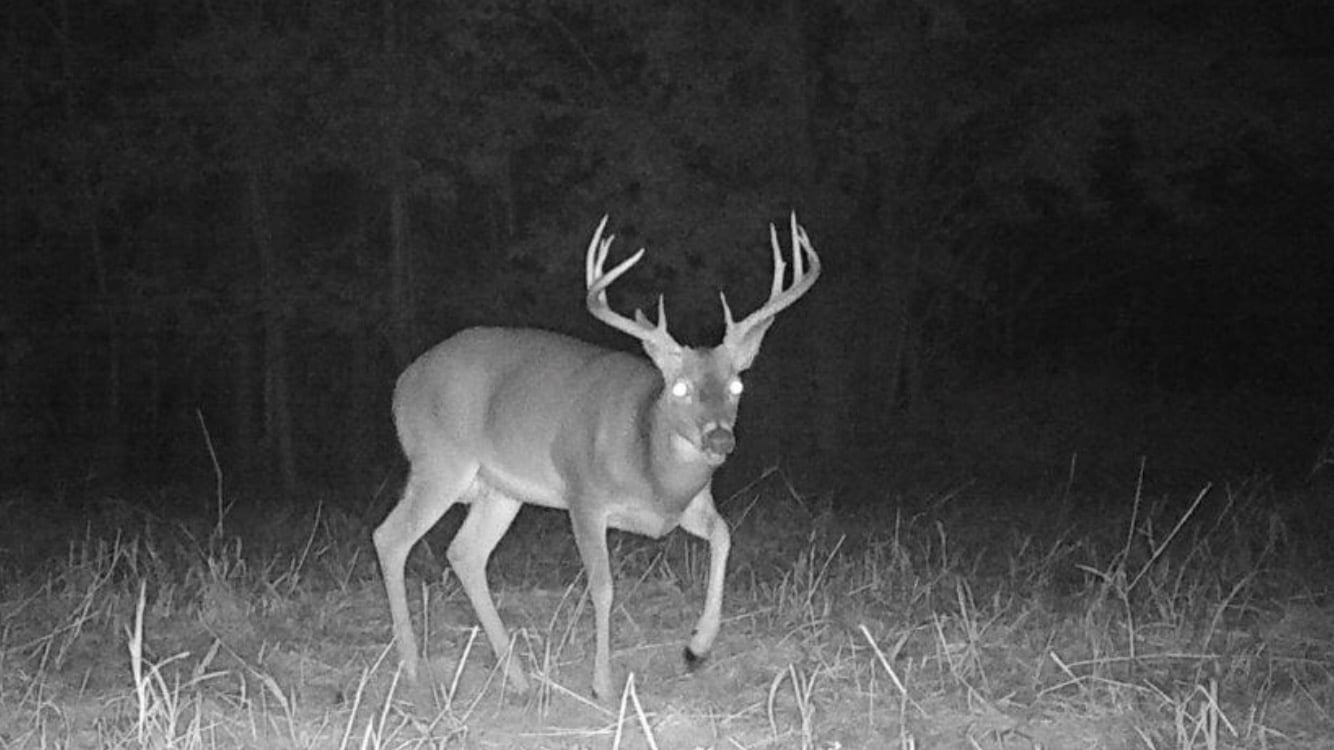The Mississippi Department of Transportation (MDOT) is assisting the Mississippi Department of Wildlife, Fisheries and Parks (MDWFP) in its efforts to monitor an infectious deer disease.
In the past year, MDWFP has reported six cases of chronic wasting disease (CWD) in Mississippi. CWD is a brain-degenerating disease that primarily affects deer and other cervids. It has been found in 25 other states, including Tennessee and Arkansas.
MDWFP set a goal to sample 5,000 deer for CWD throughout the state during the current hunting season. As front line employees, MDOT maintenance workers are often responsible for removing road kill from highways and rights-of-way.
“Since MDOT maintenance workers monitor the highways daily, they are in a unique position to assist our fellow state agency achieve its sampling goal,” said Commissioner Dick Hall, chair, Mississippi Transportation Commission. “By notifying MDWFP of deer locations, MDOT is helping wildlife agents to more efficiently gather CWD data.”
According to MDWFP officials, road kill is the second best sample source after sick deer observed in the environment. Samples from hunted deer are the next best source.
CWD is caused by misfolded brain proteins called “prions.” Prions are able to survive in infected animals, soil, vegetation and water. Deer contract the disease by eating infected food, drinking infected water or coming into contact with infected animals.
“While the number of cases are few and geographically diverse, MDOT is joining MDWFP in being proactive to locate potential CWD cases,” said Commissioner Mike Tagert, Northern Transportation District. “By working together, we can better understand CWD, its effects and how it spreads in the environment.”
To assist MDWFP, MDOT workers move road kill to the edge of the right-of-way and record the GPS location. After wildlife agents take a sample, the deer is left in place to prevent any potential transmission.
MDWFP has also established drop off locations throughout the state which allow hunters to submit deer for sampling. More samples are needed, especially in the southern counties.
“MDOT workers serve the state in ways many Mississippians are not aware of, and shared government resources are a benefit to every taxpayer,” said Commissioner Tom King, Southern Transportation District. “Hunting is an important part of the economy and way of life in Mississippi. Citizens can help by submitting deer for sampling.”
For more information about CWD, visit www.mdwfp.com/wildlife-hunting/chronic-wasting-disease/.




